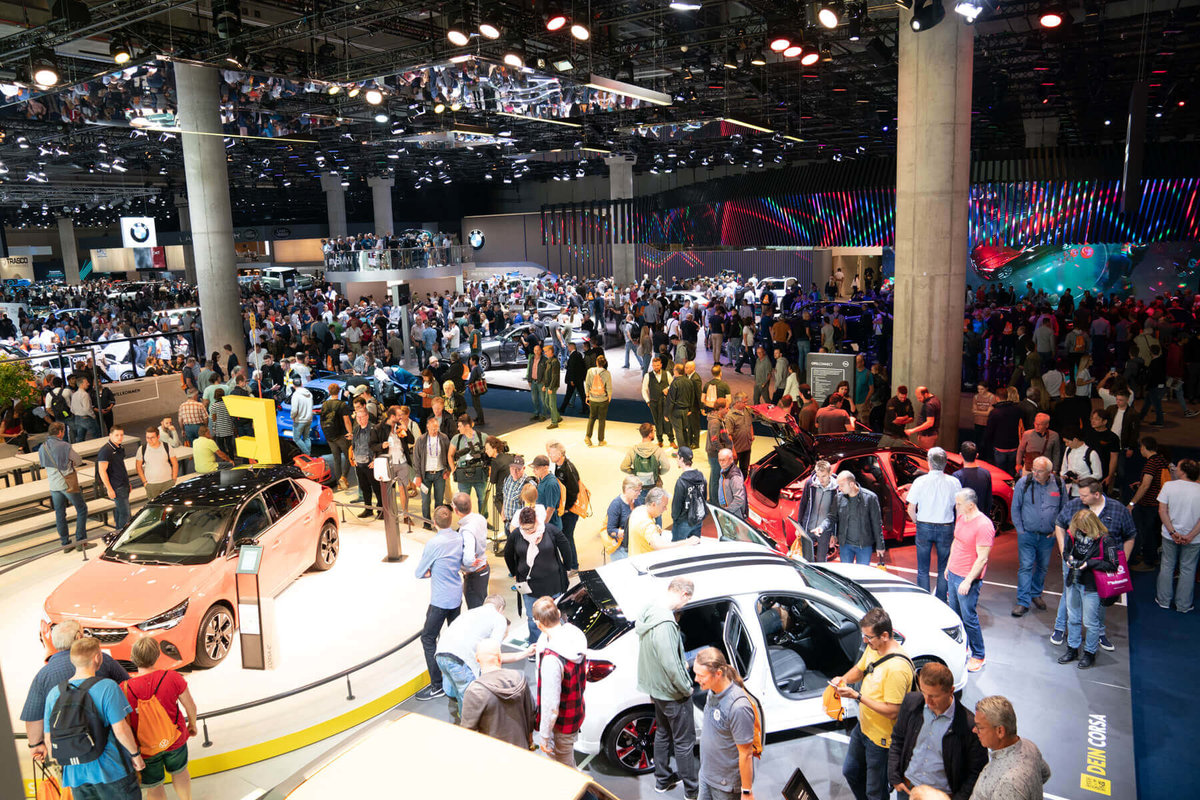NY Auto Show cancellation gives pause for thought for Munich IAA
The cancellation of the New York Auto Show, scheduled for August 20-29, was not unexpected, but it sends a message to the organizers of IAA Mobility, the successor to the Frankfurt Auto Show, still on the calendar for early September in Munich.
That message is clear: Think carefully whether the current phase of the Corona pandemic allows a mass event, or whether it is more prudent to postpone.
New York Auto Show President Mark Schienberg said in a statement that his exhibition was cancelled “due to the growing incidences of the Covid-19 Delta variant and the increased measures announced recently by state and local officials to stop its spread.”
Europe, too, is being hit hard by the Delta variant and, though infection rates in most western European countries remain relatively low, there are growing worries that the situation will deteriorate in the autumn.
IAA Mobility is a key event for the global auto industry for a number of reasons:
- Frankfurt used to be the world’s most important auto show, until it started to decline in recent years. But Germany, with its powerful car manufacturers, is keen to showcase and solidify its pre-eminent place in the global automotive industry. An auto show is still seen as an important tool for that.
- With the exception of the Shanghai auto show in April, there haven’t been any major car gatherings since the start of the pandemic. The struggling auto industry is keen to mark its post-pandemic recovery with a big exhibition.
- Munich will make a huge effort to show how car companies adapt to – and fit into – the changing nature of the industry. Much of the event will take place outdoors and there will be ample room for forms of mobility beyond passenger cars. The organizers of the show, Germany’s auto-industry association (VDA), hopes the gathering will provide a template for others to follow.
- The industry needs auto shows, if only to underline that automotive hardware will remain at the center of personal mobility. That’s a message that needs to be sent at a time when high-tech companies are raising their visibility in the sector by leaps and bounds.
- If auto shows are to survive, they need to take place. That sounds obvious, but, over the past decade, purely automotive gatherings have waned in importance as high-tech shows such as CES in Las Vegas have grown.
IAA Mobility, set to run from September 7 through September 12, can probably take place without posing major health risks to visitors. The concept for the show distributes activities across Munich, with many of them taking place outdoors. The parts that will be inside the Munich fairgrounds on the eastern edge of the city will have plenty of space for people to spread out and observe a range of Corona precautions.
Visitor numbers
The bigger issue in September will be whether an auto show focused on new mobility and no longer concentrated in one place is viable. It’s an open question whether, amid continuing Corona preoccupations, there is enough interest in a mobility show to make it worthwhile for the organizers and the participating automotive companies.
No-one expects visitor numbers to climb back to the record 932,000 the Frankfurt IAA registered in 2015. Even matching the 567,000 that came to Frankfurt in 2019 would be a good number in a year still marked by Corona restrictions.
The Munich auto show, with its broad focus on new mobility, can herald a new beginning for auto shows in general. IAA Mobility will play a major role in sensitizing people to the changes that are sweeping through the auto industry. That’s important because consumers, in the end, will determine whether new mobility business models succeed or fail.
Cars are now set to become mostly electric in 10-to-15 years; car ownership will just be one of many ways to get your hands on a vehicle to go from A to B; public transport and other forms of shared mobility will gain in importance; and bikes will be an integral part of the urban transportation landscape everywhere and not just in countries such as Denmark and The Netherlands.
Those are just some of the transformational trends that will be highlighted in Munich. If Corona allows, they will be worth showcasing next month in Germany.
By Arjen Bongard
